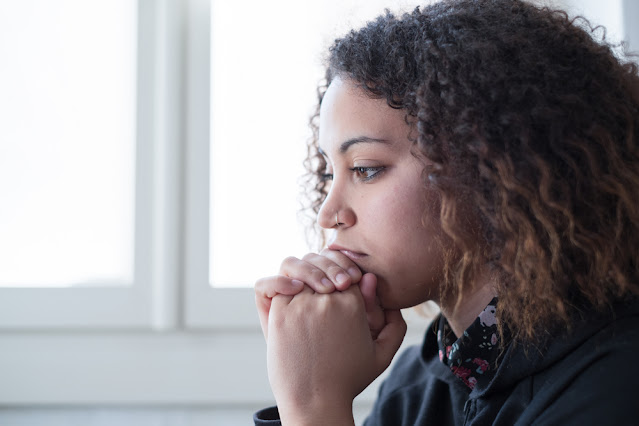If you feel lonely, don’t blame social distancing: loneliness was a large-scale problem long before COVID-19 days. In January 2019, government researchers reported that 20 percent of Americans felt “lonely or socially isolated.” A year later (over a month before most U.S. residents felt threatened by the pandemic), other researchers estimated that more than 60 percent of the population felt “left out, poorly understood [or] lacking companionship.”
So if you feel lonely, be assured you aren’t “alone.” But it takes more than that to stop the pain—or the other problems it feeds.
Why Do People Feel Lonely?
Chronic loneliness comes from social isolation, a lack of meaningful connections with others. This is different from physical isolation or social distancing: there are contented hermits and lonely social butterflies. It’s possible to be very popular and yet miserably lonely, if you’re tormented by inner suspicions that nobody really knows you—or would even care to know the insecure, imperfect “you” beneath the well-groomed surface image.
That isn’t to say that social and physical isolation don’t go together (they frequently do), just that the loneliness problem is actually a relationship and self-esteem problem. You’re at higher risk if:
- You’ve seen recent major changes in your everyday circumstances
- You stand out from most of your peers in ethnic/economic background, interests, values, or temperament
- You’ve been through childhood abuse or another traumatic experience
- You’ve never learned to be open about your emotions
- You fear being judged, betrayed, and/or disliked
- You feel that “no one” understands you
- You lack opportunities to exercise your natural skills and passions
- You live alone
- You have health issues that limit your social options.
Effects of Social Isolation
Chronic loneliness invites a vicious circle: typical behavioral symptoms include self-preoccupation, grumbling, moping, and self-isolation. Which effectively say, “Leave me alone: I’m terrible company anyway.” Which, of course, drives others away and makes social isolation worse.
Where loneliness continues for long periods, ultimate effects include major health problems, including high risk for becoming addicted to drugs that were used to self-medicate lonely feelings. If you have an addiction disorder rooted in loneliness, treatment will include planning your long-term recovery from social isolation.
HALTing Loneliness in Early Recovery
Physical detox is only the beginning of addiction treatment: you’ll have a long road ahead, with its share of “back to the bottle” temptations. Most of these are connected to the acronym HALT, where the L stands for Lonely. H is for Hungry (which can be applied to hungering for human connections); A is for Angry (which goes hand in hand with feeling lonely and misunderstood); and T is for Tired (the negative feelings associated with loneliness drain your energy—plus, poor sleep often goes with lonely feelings).
The first step toward healing from loneliness is to build a network of human connections, starting with those most likely to understand your struggle—your therapist(s) and fellow detoxers. (Look for a treatment center with experience serving the demographic you best identify with.) If possible, get your family on board through shared counseling. And after detox, stay active in a support group of recovering peers, especially when your “new normal” first starts to feel truly normal: that’s when you’re at risk of becoming overconfident and stepping on the slippery slope toward old habits.
Other tips for HALTing lonely feelings and social isolation that could tempt to relapse:
- Feed your Hunger (including the hunger for achievement) by adopting a healthy lifestyle, nurturing your self-esteem, and working on productive projects that fit your natural abilities.
- Calm your Anger by releasing grudges and by channeling your energy toward positive goals (physical activity, helping someone else)
- Soothe your Loneliness by joining a shared-interests group, volunteering to support a cause you’re passionate about, or adopting a pet. (If you have a diagnosed depression or anxiety disorder, you may be allowed an Emotional Support Animal—cats as well as dogs can qualify—even where pets per se aren’t permitted.)
- Relieve your Tiredness by learning effective sleep habits, taking regular breaks, and eliminating non-essential “obligations” from your schedule.
Neither loneliness nor addiction need dominate your life. Get help today to start building social connections for a bright future.
Hope for Loneliness
Loneliness and other depression-type problems are frequent factors in substance use disorder; and true recovery from addiction means remedying the underlying issues. At Hope by the Sea in southern California, we focus on personalized treatment for addiction and mental health problems.


